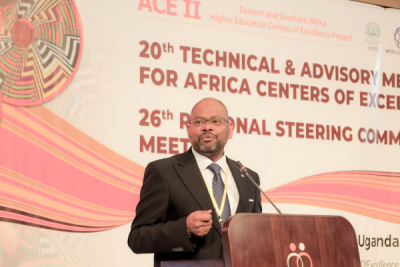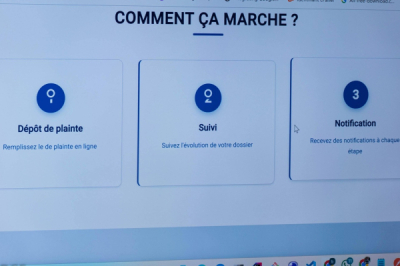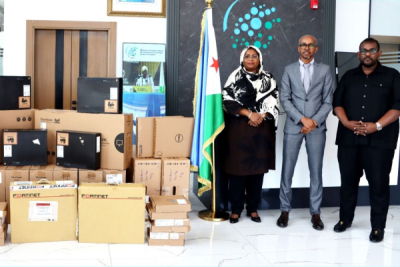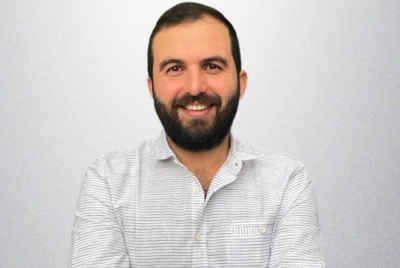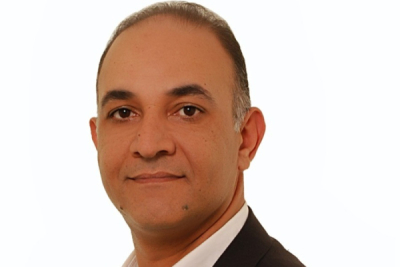Frustrated by negative online shopping experiences, this tech entrepreneur decided to create an e-commerce platform that solves these issues.
Ajé is a Nigerian social commerce platform powered by blockchain technology. It was launched in 2022 by Ifeoluwa Wole-Osho to address the lack of trust in online transactions. The startup is headquartered in Lagos.
“I remember a friend who paid for a laptop only to discover it didn’t work, with no recourse to recover their money. These problems weren’t limited to students – small businesses and everyday people across Nigeria faced similar struggles when trading online. The trust gap in these transactions wasn’t just a nuisance; it was a barrier to economic opportunity,” Ifeoluwa Wole-Osho told Disrupt Africa.
Ajé offers a mobile application available on iOS and Android, with over 5,000 downloads according to Play Store data. Users create an account with their personal information and gain access to a secure marketplace where buyers and sellers can connect seamlessly, supported by escrow payments, dispute resolution tools, and multi-currency wallets.
Since its 2022 launch, the platform has gained over 7,500 users and facilitated more than 4,000 secure transactions. It is experiencing rapid growth, with a 50% increase in monthly registrations and a 32% rise in repeat transactions.
“Product listings continue to grow, with over 17,000 total listings, 1,700 of which were added in the last month alone. These metrics demonstrate the platform’s expanding ecosystem and its ability to meet the needs of both buyers and sellers effectively,” added Ifeoluwa Wole-Osho.
Ajé sets itself apart from competitors by combining social commerce, blockchain-based escrow services, and cross-border support, catering to underserved markets. The platform aims to expand its operations and enhance its product offerings to continue meeting the needs of buyers and sellers effectively.
“By Q3 2025, we aim to target the diaspora communities in the UK and Canada, leveraging insights gained from our success in Turkey to serve these broader audiences effectively,” Wole-Osho concluded.
By Adoni Conrad Quenum
Editing by Feriol Bewa




